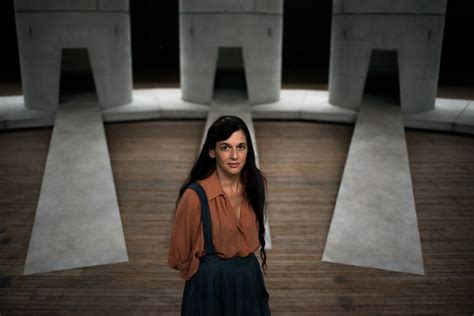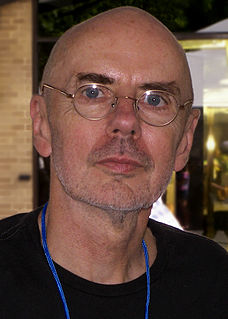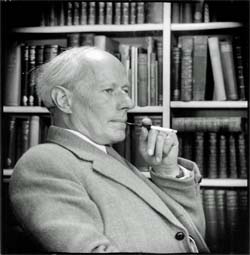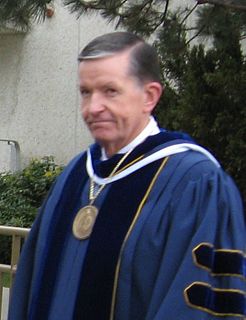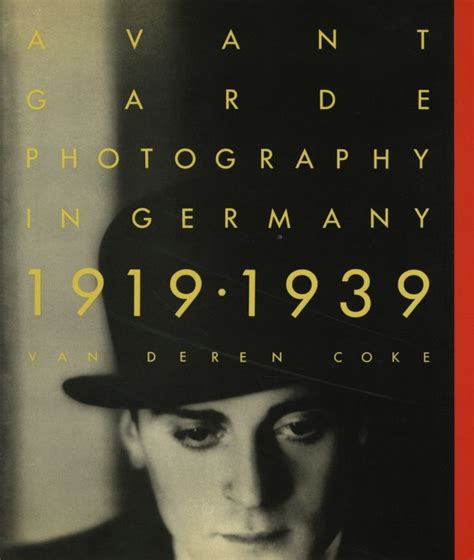A Quote by Walker Evans
The photographs are not illustrative. They, and the text, are coequal, mutually independent, and fully collaborative. By their fewness, and by the importance of the reader’s eye, this will be misunderstood by most of that minority which does not wholly ignore it. In the interests, however, of the history and future of photography, that risk seems irrelevant, and this flat statement necessary.
Related Quotes
We must be forewarned that only rarely does a text easily lend itself to the reader's curiosity... the reading of a text is a transaction between the reader and the text, which mediates the encounter between the reader and writer. It is a composition between the reader and the writer in which the reader "rewrites" the text making a determined effort not to betray the author's spirit.
I have a mathematical certainty that the future will confirm my assertion that aerial warfare will be the most important element in future wars, and that in consequence not only will the importance of the Independent Air Force rapidly increase, but the importance of the army and navy will decrease in proportion.
Documentary photography is becoming more illustrative as people become more familiar with photography’s limitations and vulnerabilities. Reality has always been interpreted through layers of manipulation, abstraction, and intervention. But now, it is very much on the surface. I like this honesty about its dishonesty. Every photograph has many truths and none. Photographs are ambiguous, no matter how seemingly scientific they appear to be. They are always subject to an uncontrollable context. This is a tired statement, but worth repeating.
...it is pretentious for photographers to believe that their pictures alone change things. If they did, we wouldn't be besieged by war, by incidents of genocide, by hunger. A more realistic assessment of photography's value is to point out that it is illustrative of what's going on, that it provides a record of history, that photographs can prompt dialogue.
The question of whether world peace will ever be possible can only be answered by someone familiar with world history. To be familiar with world history means, however, to know human beings as they have been and always will be. There is a vast difference, which most people will never comprehend, between viewing future history as it will be and viewing it as one might like it to be. Peace is a desire, war is a fact; and history has never paid heed to human desires and ideals.
The most difficult part of writing a book is not devising a plot which will captivate the reader. It's not developing characters the reader will have strong feelings for or against. It is not finding a setting which will take the reader to a place he or she as never been. It is not the research, whether in fiction or non-fiction. The most difficult task facing a writer is to find the voice in which to tell the story.
When we begin to understand the magnitude of [the Messiah's] sacrifice and service to us individually and collectively, we then cannot consider anything else to be of more importance or to approach His significance in our lives. "For most of us, this understanding does not come all at once and likely will not be fully complete during our mortal sojourn. We do know, however, that as we learn line upon line, our appreciation for the Savior's contributions will increase and our knowledge and assurance of their truthfulness will grow.
Hyperinflation is not going to happen in this country, will never happen... The Fed putting so much money into the system is not going to create the risk of hyperinflation in the future. We have a strong independent Federal Reserve with a very strong mandate from the Congress, and they will do what's necessary to keep inflation low and stable over time.
So we start with an oversignifying reader. Those texts that appear to reward this reader for this additional investment - text that we find exceptionally suggestive, apposite, or musical - are usually adjudged to be 'poetic'. ... The work of the poet is to contribute a text that will firstly invite such a reading; and secondly reward such a reading.
It would be nonsense to say that it was not in the interests of a stone to be kicked along the road...A stone has no interests because it cannot suffer. The capacity for suffering and enjoyment is, however, not only necessary, but also sufficient for us to say that a being has interests - at an absolute minimum, an interest in not suffering. A mouse, for example, does have an interest in not being kicked along the road because it will suffer if it is.



